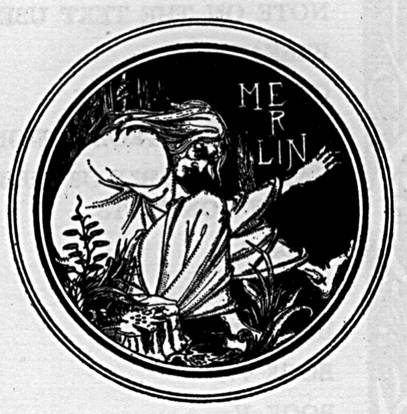We’ve been hearing about the trite notion of personal brand for longer than I thought. In fact, I recently found a column from 2011. It said this, part:
Your personal value proposition (PVP) is at the heart of your career strategy. It’s the foundation for everything in a job search and career progression — targeting potential employers, attracting the help of others, and explaining why you’re the one to pick. It’s why to hire you, not someone else.
Translation: Your PVP is you. That’s it. As it represents you to others, it’s your brand. Period. But be skeptical: It also suggests there may be a kind of formulaic magic to branding. Consider:
Your PVP can be accompanied by a personal value statement (PVS), perhaps the profile statement on your résumé. Your proposition and your statement can be abetted by a personal value commitment (PVC), an indication of your determination to fulfill the promise of your PVP and your PVS. If so, you and those you persuade via your proposition, your statement, and your commitment can expect a pretty valuable outcome (PVO). Hence, the magic formula for success becomes:
[PVP + PVS] x PVC = PVO.
Bunk. There is no formulaic magic to branding. There can’t be. If all of us — if every brand — weren’t different, there’d be no such discernible things as personalities or brands. The only thing scarier than the very idea of such an equation is that if we put it in a book today, it would be a bestseller tomorrow. Good grief.
In lieu of such formulaic pie in the sky, consider these four simple questions:
A. Who are you?
B. What do you do?
C. How do you do it?
D. Why do A + B + C make you different from everyone else?
Answering those questions is simple. But it’s not easy. In fact, if you do it right, it’s the hardest work you’ll ever do. If it were easy, everyone would do it. That’s why the world comprises those who win and those who don’t.
Here’s a simple test to determine if someone’s done his homework: Ask him for his elevator pitch. If he answers in one to three clear, jargon-free sentences, you’ll understand the pitch and know he knows himself.
If he asks how many floors the elevator has to travel, wish him well and move on.
—
By Beardsley, Aubrey (1872-1898) [Public domain], via Wikimedia Commons

